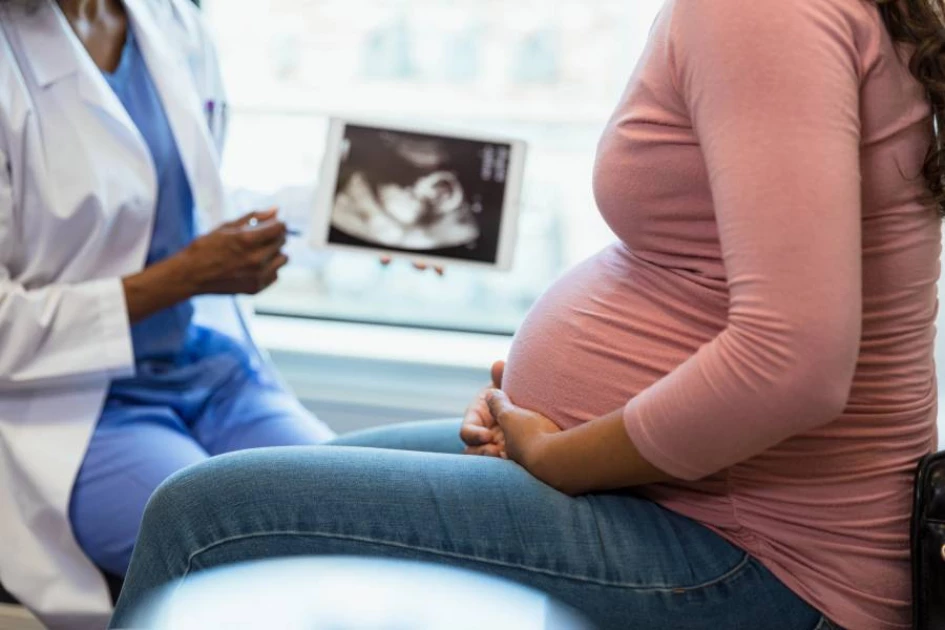Flexible, long-term funding urged to shield women and children’s health during crisis

Photo/Courtesy

Audio By Vocalize
The Partner Survey, which gathered responses from 103 organizations across Africa, Latin America, and South-East Asia, shows that funding volatility is undermining continuity of care and eroding trust within communities.
Programs focused on adolescent health and SRHR have been particularly hard hit, with many initiatives scaled back or placed on hold due to uncertain financing and donor policy constraints.
Adolescents and youth engagement have not only suffered in service delivery but also in leadership opportunities.
Respondents emphasized diminished safe spaces, reduced mentorship structures, and limited chances for young people to participate in shaping health policies—crucial for addressing tobacco, e-cigarette, and alcohol use among youth.
Advocacy and capacity-building efforts have also diminished. A prominent advocate noted that funding cuts “have led to a reduced number of staff who are able to engage in advocacy both at the global and national level,” at a time when organized opposition to SRHR remains strong.
Youth-led groups reported that workshops, campaigns, and community outreach were scaled down or moved online, weakening their reach and impact.
The survey highlights significant ripple effects across the WCAH sector. Partners warned that donor emphasis on rapid results is crowding out longer-term investments in social mobilization and capacity building, which are essential for influencing larger ecosystems and for sustained program resilience. One interviewee warned that “research and development,” crucial for innovations in women’s, children’s, and adolescents’ health, has faced notable disruption.
Despite these challenges, PMNCH partners articulated a clear set of priorities to rebuild resilience. The top request is access to flexible, core funding to sustain advocacy and accountability work, followed by capacity strengthening to adapt to fast-changing contexts.
Coordinated joint campaigns across constituencies and inclusive multi-stakeholder coalitions also ranked highly, as did better access to decision-makers and policy platforms.
Rajat Khosla, Executive Director of PMNCH, underscored the urgency. “Hold the line on WCAH. Every delay, every funding cut, risks reversing years of progress. We need sustained investment and coordinated action to ensure that no woman, child, or adolescent is left behind.”
Several partners stressed the need for regional and national collaboration to reduce dependence on external aid. One respondent urged, “Would be good to collaborate more with partners on helping countries to become less dependent on external aid.” Another called for regular forums—such as host country meetings—to strategize on mitigating common challenges.
The survey also notes the important role of civil society and grassroots groups in rural and tribal areas, where adolescents and girls remain at high risk. A representative from a grassroots NGO said stronger pooling of local and international financial support is essential to sustain and expand life-saving programs.
PMNCH’s call to action targets donors, policymakers, and global leaders: protect and expand financing for women’s, children’s, and adolescents’ health, prioritizing flexible, long-term funding that allows local organizations to adapt quickly to crises. Helen Clark, PMNCH board chair, framed the aspiration: “Partners are calling for solidarity, not charity. They know what works. What they need are the resources and political space to keep doing it.”
PMNCH urges donors, policymakers, and global leaders to protect and expand flexible, long-term financing for women’s, children’s, and adolescents’ health, enabling local organizations to respond to evolving crises and sustain essential services.


Leave a Comment